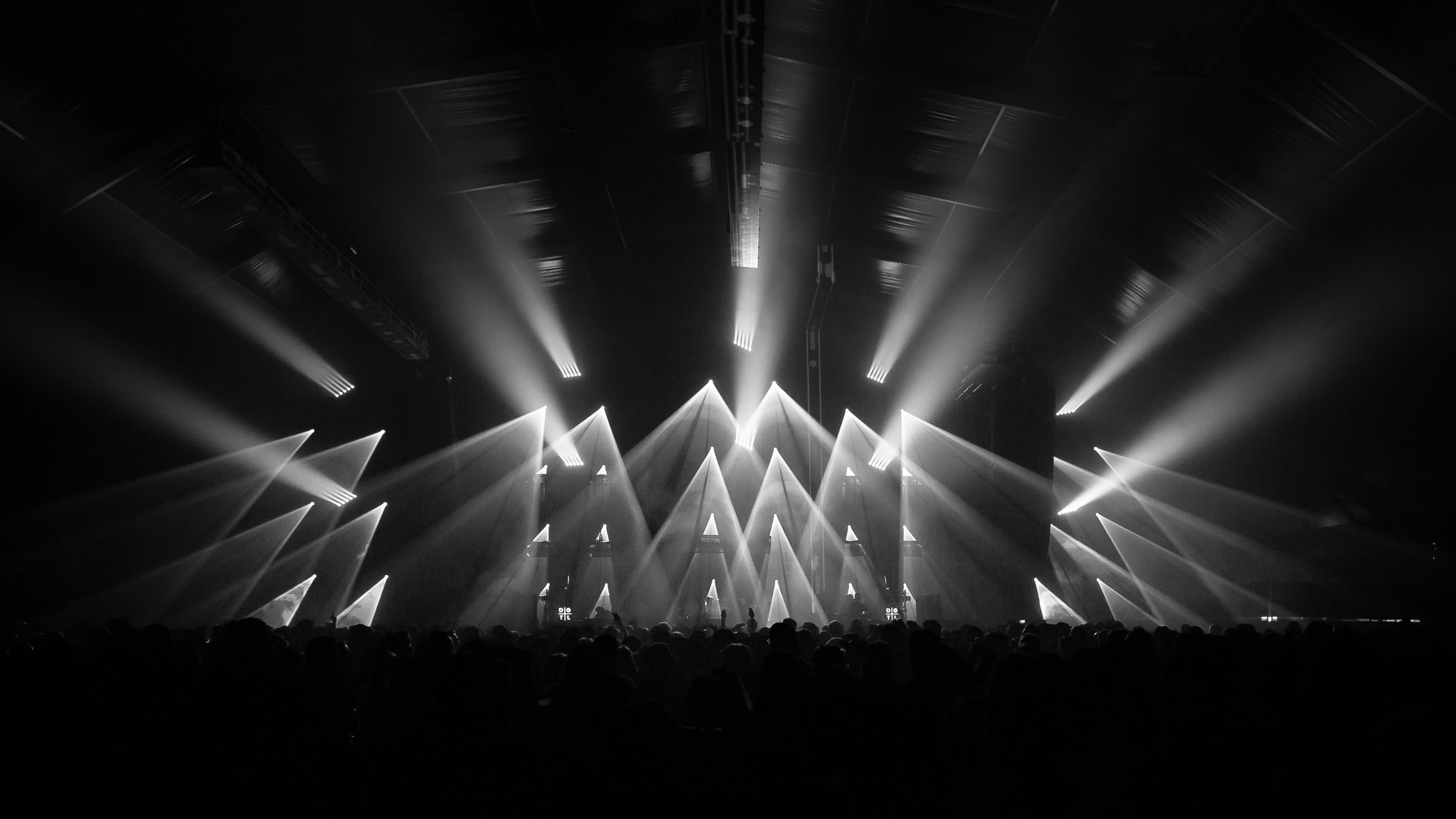

Brahms Symphony No 4 Tickets
Up to 30% Off Compared to Competitors.
Location: Select Location (e.g, New York)
Events Nearby
We're Sorry. There are currently no events near you.
About Brahms Symphony No. 4
Today, Brahms's Symphony No. 4 is frequently featured in concert programs across the globe, from grand orchestral performances in major concert halls to intimate chamber music settings. In the current concert season, numerous prestigious orchestras are showcasing this masterpiece. For instance, the Berlin Philharmonic is scheduled to perform the symphony as part of its themed series on late Romantic composers, highlighting Brahms's significance in the context of the period. Additionally, several music festivals, including the BBC Proms and the Aspen Music Festival, are including the Fourth Symphony in their lineups, attracting audiences eager to experience the emotional depth and structural brilliance of the work live. Furthermore, many renowned conductors, such as Gustavo Dudamel and Marin Alsop, are bringing fresh interpretations to this classic, ensuring that Brahms’s Symphony No. 4 remains a vital part of the concert landscape. With its rich orchestration and profound thematic development, the symphony continues to resonate with both performers and audiences, making it a staple in the repertoire for concertgoers around the world.
Brahms Symphony No. 4 History
Johannes Brahms composed his Symphony No. 4 in E minor, Op. 98, between 1884 and 1885. It is one of his most celebrated works and stands as a testament to his mastery in symphonic form. Brahms, who had a profound respect for the classical traditions established by composers such as Beethoven and Schubert, sought to innovate while remaining grounded in the symphonic conventions of the past. The Fourth Symphony premiered on October 25, 1885, in Meiningen, Germany, with the composer himself conducting. The symphony was met with acclaim, marking a significant moment in Brahms's career as it solidified his reputation as a leading composer of the late Romantic era. Notably, the symphony's final movement features a theme based on a passacaglia, paying homage to earlier musical forms while showcasing Brahms's unique compositional voice. As one of the pillars of orchestral repertoire, Brahms's Fourth Symphony continues to be performed worldwide, evoking deep emotional responses from audiences and musicians alike.
